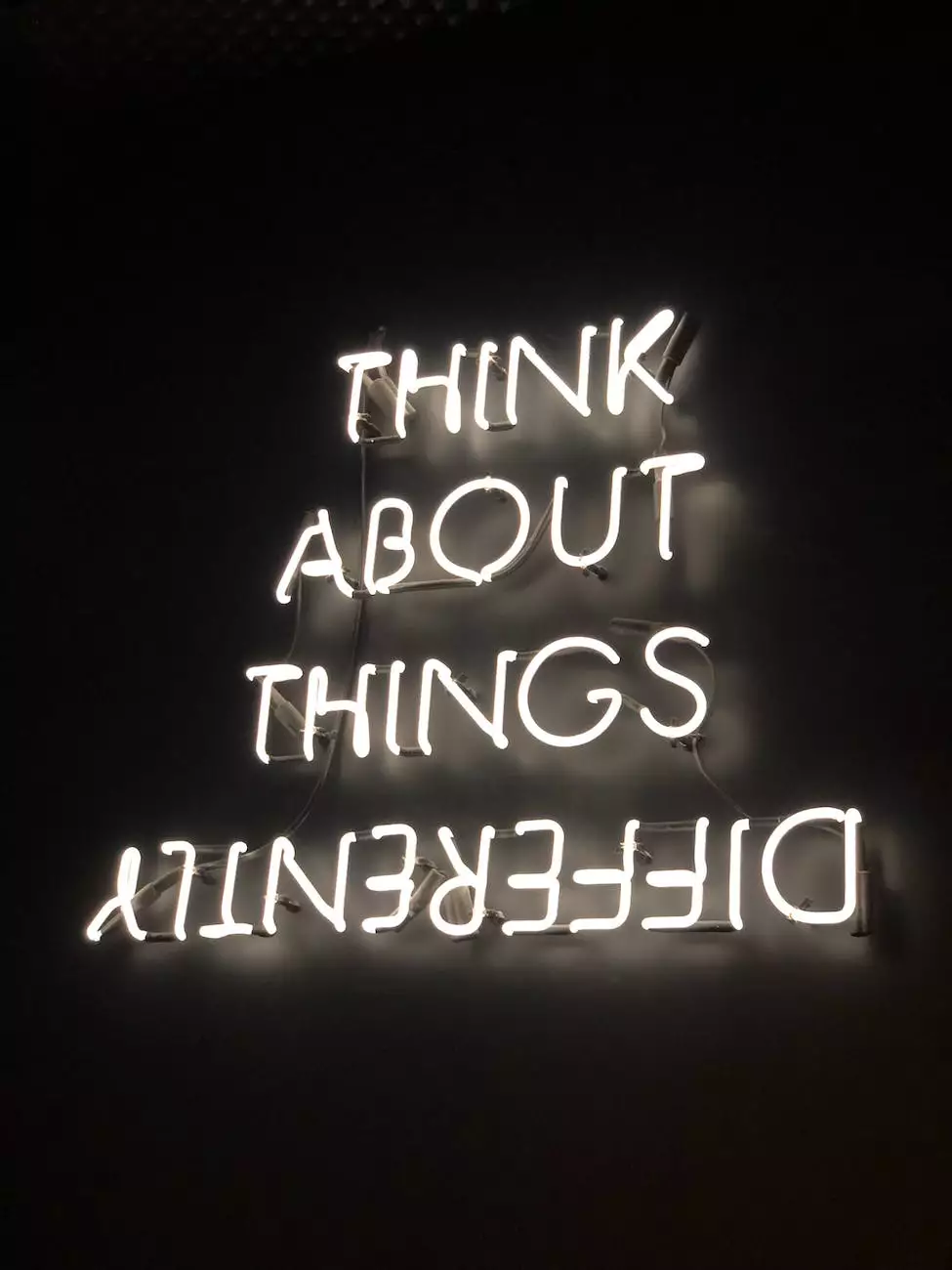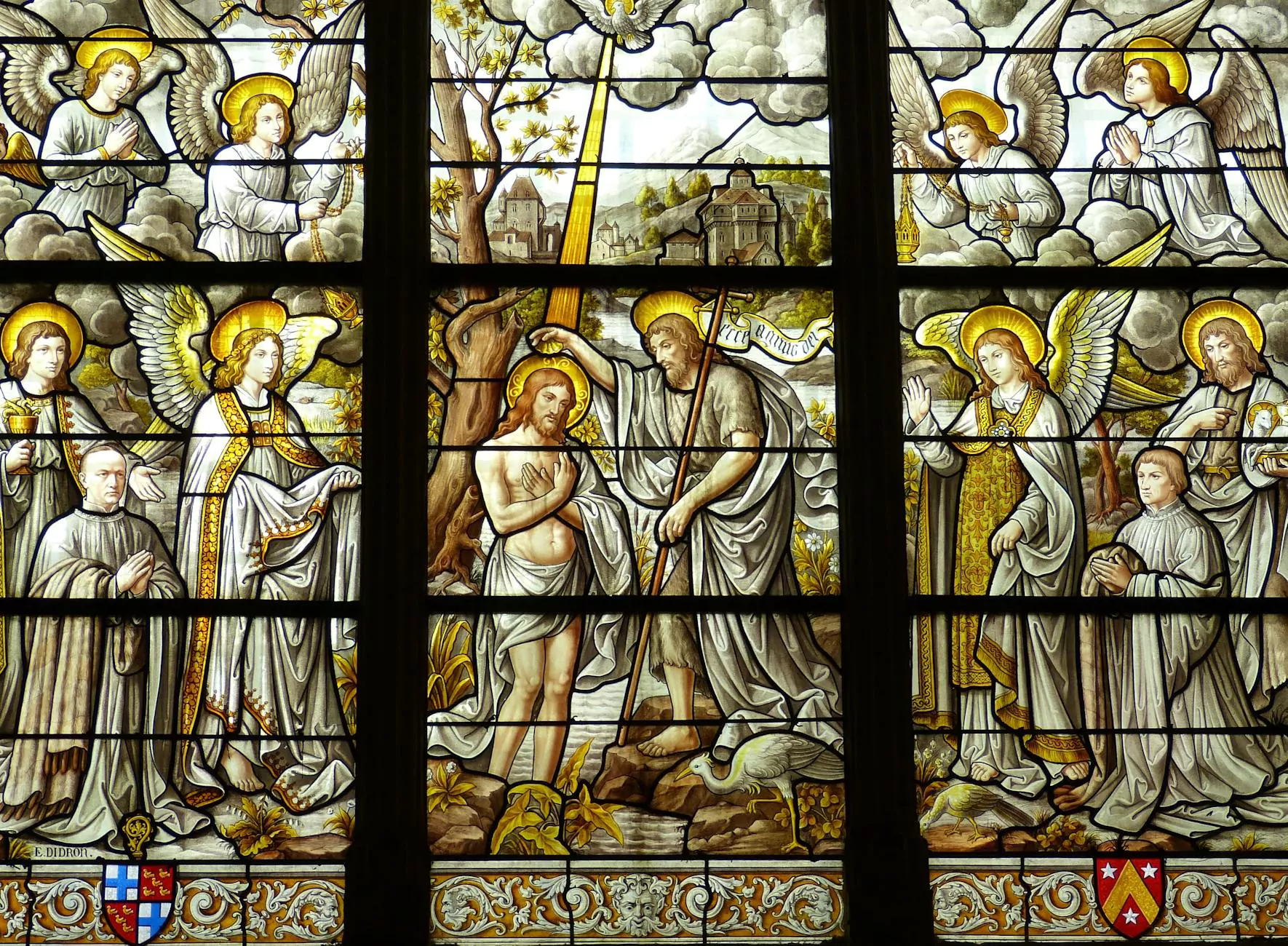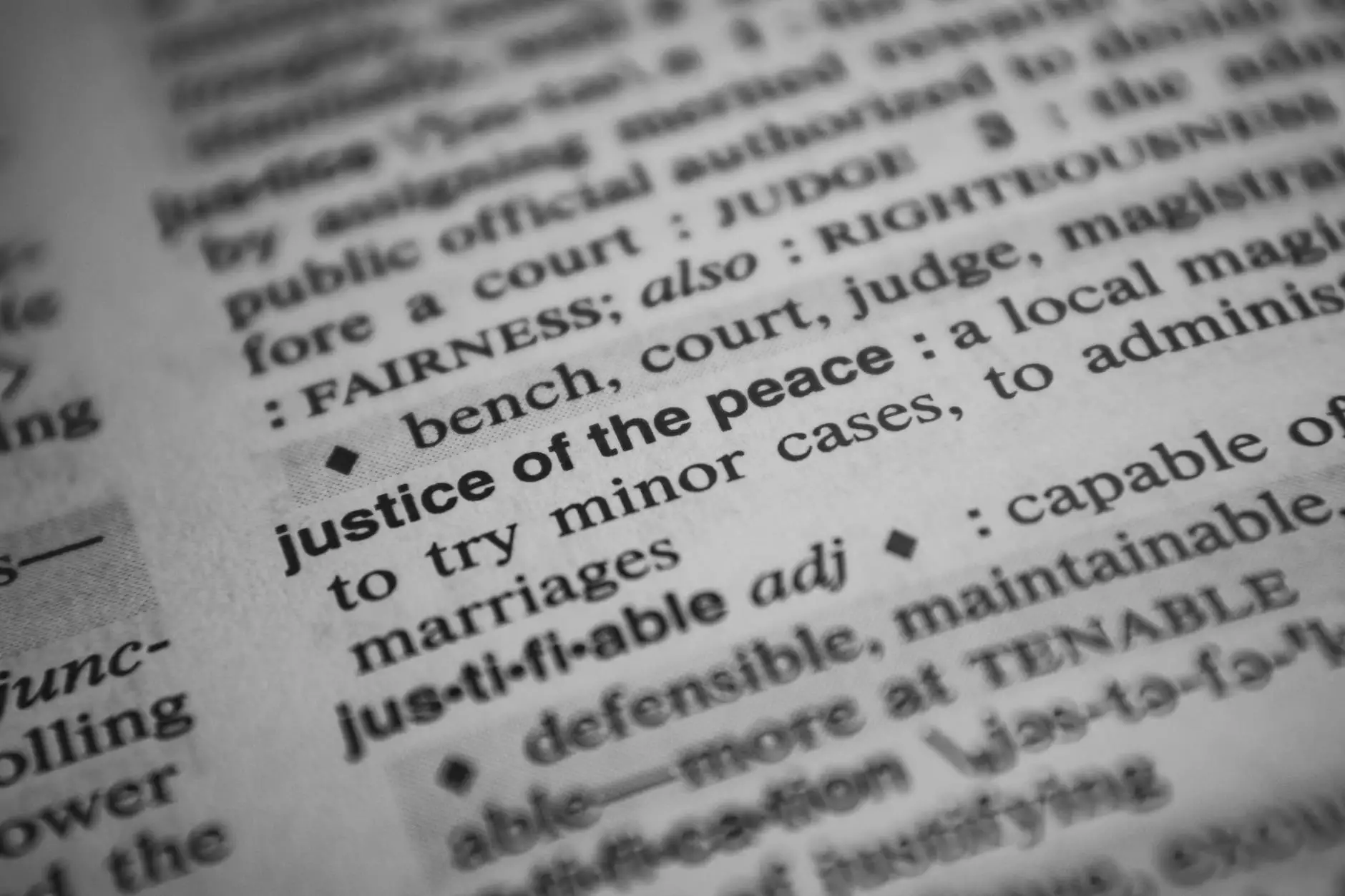L. Ron Hubbard, Scientology Founder - Biography & Quotes
About
About L. Ron Hubbard
L. Ron Hubbard, born Lafayette Ronald Hubbard, was an American author, philosopher, and the founder of the controversial religious movement known as Scientology. He was born on March 13, 1911, in Tilden, Nebraska, and passed away on January 24, 1986, in Creston, California. Hubbard led a fascinating life, with his work spanning various fields including science fiction, self-help, and spirituality.
Biography
L. Ron Hubbard had a diverse background, having served in the United States Navy during World War II and exploring different professions throughout his life. He is best known for his development of Dianetics, which later evolved into the Church of Scientology.
Hubbard's early years were marked by his passion for writing. He authored numerous science fiction and fantasy stories that gained popularity in the mid-20th century. His story "Typewriter in the Sky" is still remembered as a notable contribution to the genre.
During his time in the Navy, Hubbard was involved in various expeditions and research projects that immersed him in the fields of psychology and self-improvement. These experiences influenced his later work and laid the foundation for Dianetics.
In 1950, Hubbard published his groundbreaking book, "Dianetics: The Modern Science of Mental Health." The book introduced the concept of the "reactive mind" and offered a set of techniques, known as auditing, to rid individuals of their negative influences and achieve personal improvement. This marked the beginning of Hubbard's journey towards the creation of a new religious movement, later known as Scientology.
Over the years, Hubbard faced both praise and criticism for his teachings. While some praised his methods for helping individuals overcome personal obstacles, others viewed Scientology as a controversial organization, raising concerns about its practices and alleged financial exploitation.
Scientology and Contributions
Scientology, as formulated by L. Ron Hubbard, presents itself as a religion that aims to provide greater spiritual understanding and personal growth. Central to Scientology is the belief in the immortal, spiritual nature of every individual, known as a "thetan." The movement incorporates elements of psychology, self-help, and spirituality.
Hubbard's contributions to the field of mental health are widely debated. Proponents of Scientology claim that Hubbard's teachings have helped countless individuals overcome personal barriers and achieve psychological well-being. However, critics argue that the organization's practices lack scientific evidence and may have a detrimental effect on mental health.
Quotes by L. Ron Hubbard
Throughout his life, L. Ron Hubbard shared his thoughts and ideas through various quotes. Here are a few notable ones:
"A man is as alive as he can communicate."
This quote highlights Hubbard's emphasis on the importance of communication and its impact on human existence.
"The only way you can control people is to lie to them."
Hubbard's quote emphasizes the destructive nature of deception, implying that honesty and transparency are essential for true control over one's life.
"The ultimate freedom is a free mind and a pure heart."
Hubbard believed that true freedom lies within an individual's ability to think independently and possess a genuine sense of compassion.
Conclusion
L. Ron Hubbard's life and work continue to evoke strong reactions and opinions. Whether you view him as an influential thinker or a controversial figure, his impact on the fields of mental health and religious philosophy cannot be denied. To fully grasp the complexities and controversies surrounding Hubbard and Scientology, in-depth research and critical analysis are necessary.
Disclaimer: The views presented here are for informational purposes only and do not necessarily reflect the stance of Offstein Educational Therapy. It is important to conduct independent research and form your own conclusions.










